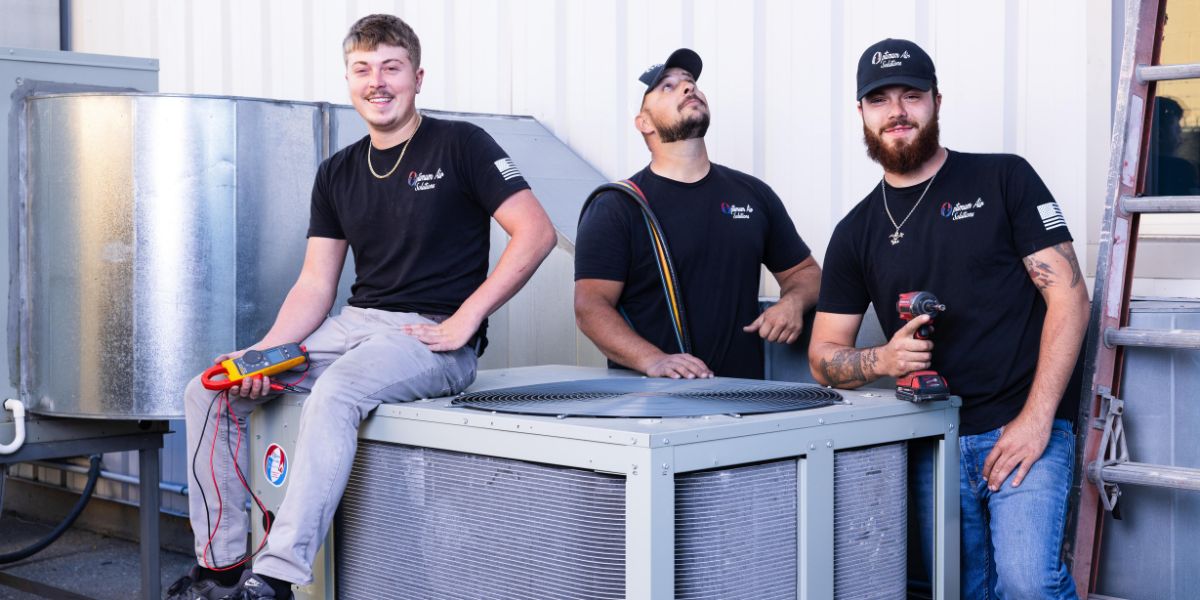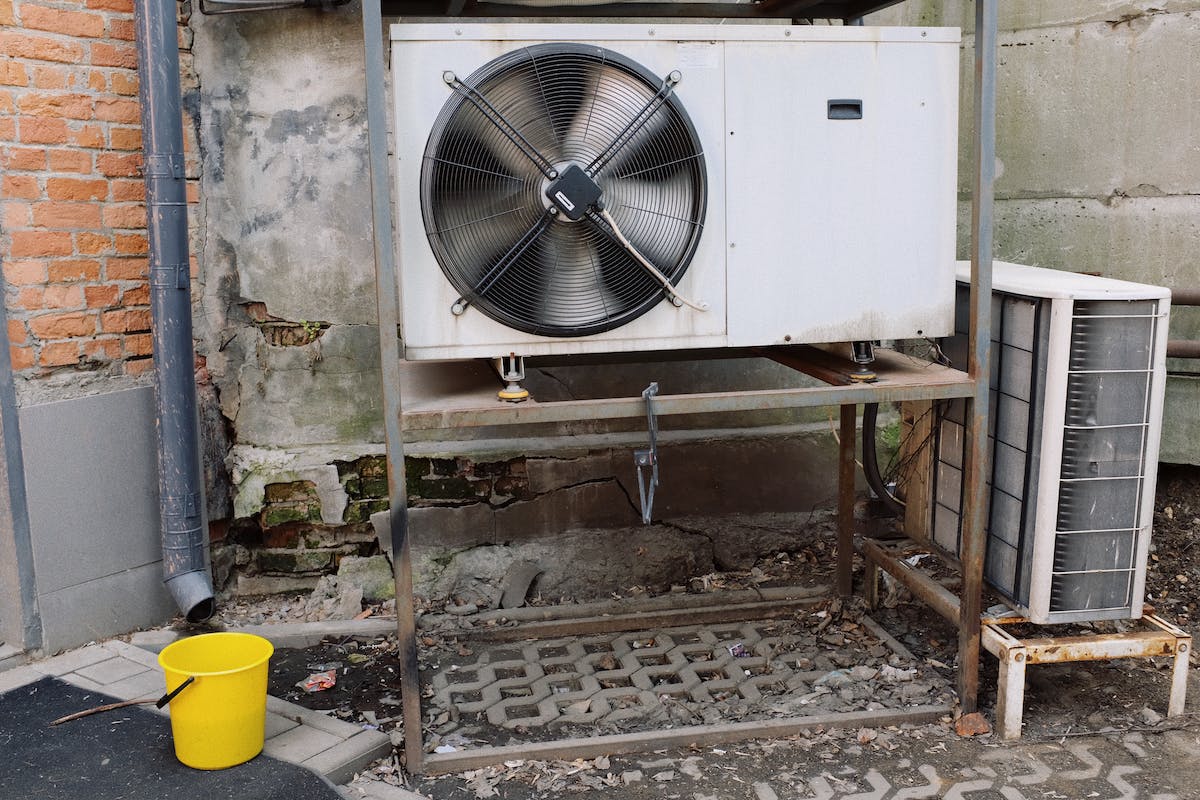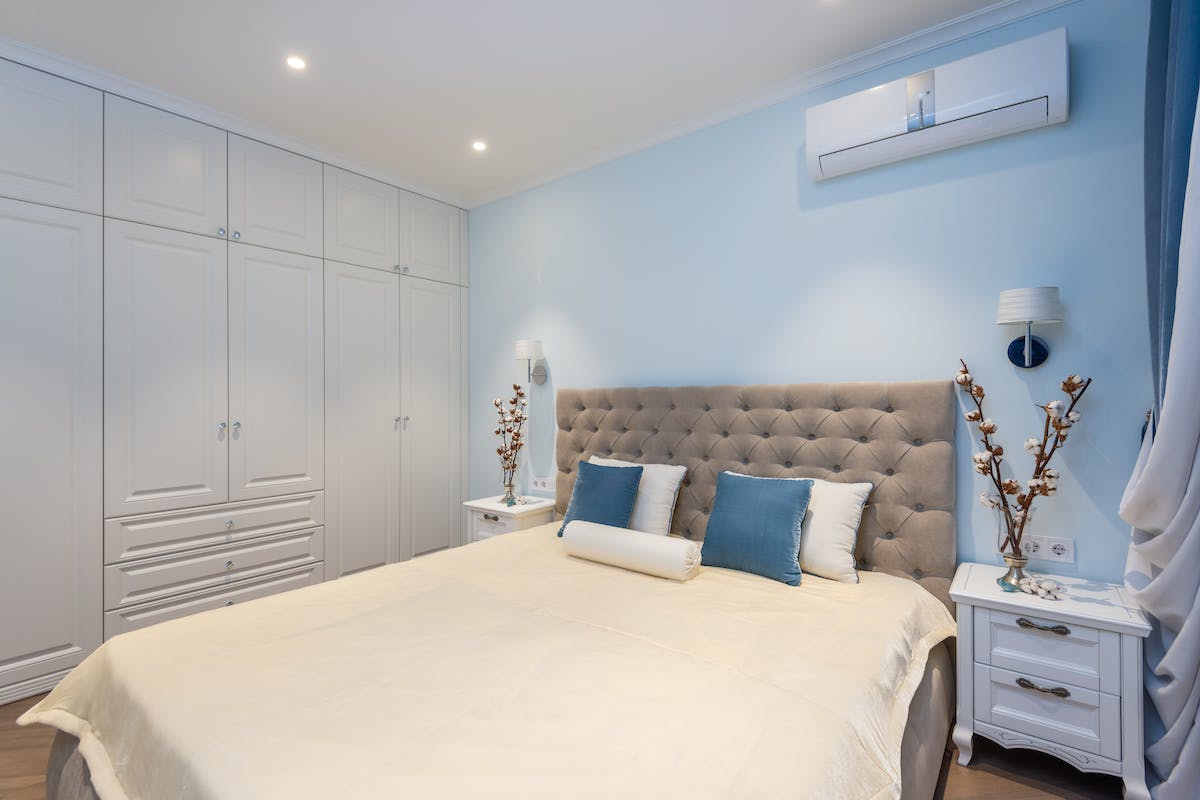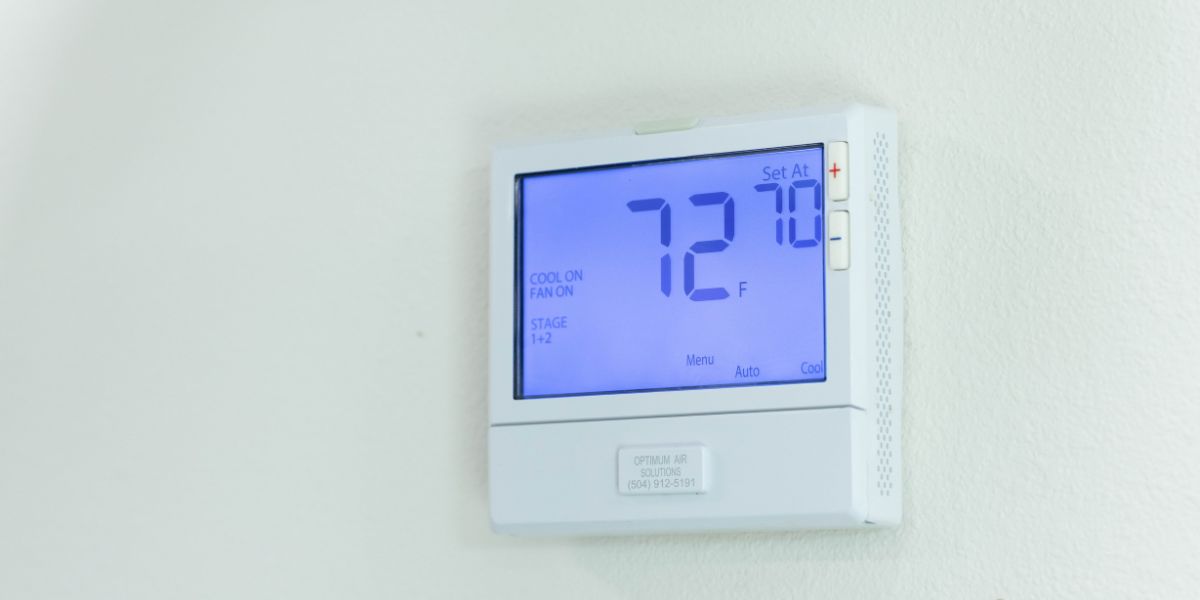
Choosing the right air filter for your HVAC system is crucial for maintaining optimal indoor air quality and ensuring the efficiency of your air conditioning system. In this comprehensive guide, we’ll explore the various types of air filters available, explain the importance of MERV ratings, and provide detailed advice on selecting the best filter for your home. Whether you’re dealing with allergies, pets, or just want to improve your air quality, this guide has got you covered.
Understanding Air Filters
An air filter is not just a critical component of your HVAC system that helps to clean the air circulating through your home. It’s a protector, preventing dust, pollen, mold, spores, and other airborne particles from entering your living spaces and clogging your HVAC equipment. This not only improves indoor air quality but also enhances the performance and longevity of your HVAC system, ensuring your investment is well-protected.
Importance of Air Quality
Maintaining good air quality is essential for health and comfort. Poor air quality can lead to various health issues, including allergies, respiratory problems, and even heart disease. Using an effective air filter can significantly reduce the concentration of harmful particles in the air, creating a healthier living environment.
Types of Air Filters
Several types of air filters are available, each with its own set of benefits and drawbacks. Understanding these differences is critical to selecting the right filter for your needs.
Fiberglass Filters
Fiberglass filters are the most basic and inexpensive of the filter types. They consist of layered fiberglass fibers and are typically disposable.
Pros
- Low cost
- Easy to replace
Cons
- Low efficiency (MERV rating 1-4)
- Needs frequent replacement
Pleated Filters
Pleated filters are made from polyester or cotton paper and have a larger surface area due to their pleated design, which increases their efficiency.
Pros
- Higher efficiency (MERV rating 5-8)
- Better at capturing small particles
- Longer lifespan compared to fiberglass filters
Cons
- Higher cost than fiberglass filters
Electrostatic Filters
Electrostatic filters use self-charging fibers to attract and capture airborne particles.
Pros
- High efficiency
- Reusable versions available
- Good for trapping smaller particles
Cons
- Higher initial cost
- Requires regular maintenance and cleaning
HEPA Filters
High-Efficiency Particulate Air (HEPA) filters are known for their superior ability to trap tiny particles. They are often used in environments where air quality is critical, such as hospitals and laboratories.
Pros
- Very high efficiency (MERV rating 17-20)
- Excellent for allergy and asthma sufferers
Cons
- Can restrict airflow if not adequately sized for the system
- More expensive than other types of filters
Washable Filters
Washable filters, also known as reusable filters, are made from durable materials that can be washed and reused multiple times.
Pros
- Cost-effective in the long run
- Environmentally friendly
Cons
- Requires regular cleaning and maintenance
- May not be as efficient as high-MERV disposable filters
MERV Ratings Explained
The Minimum Efficiency Reporting Value (MERV) system rates the efficiency of air filters. Understanding MERV ratings is crucial for selecting the right filter for your home.
What is MERV?
MERV ratings range from 1 to 20 and measure a filter’s ability to capture particles of varying sizes. The higher the MERV rating, the more efficient the filter is at trapping smaller particles.
How MERV Ratings Relate to Filter Efficiency and Air Quality
- Low MERV (1-4): These filters are designed to protect HVAC equipment moreso than improve indoor air quality. They can trap large particles like dust and pollen but are not effective against smaller particles.
- Medium MERV (5-8): These filters are suitable for most residential use, providing a good balance between efficiency and airflow. They can trap mold spores, pet dander, and fine dust.
- High MERV (9-12): These filters offer superior residential and commercial use, capturing finer particles like lead dust and vehicle emissions.
- Very High MERV (13-16): These filters, often used in hospitals and other healthcare settings, can trap bacteria and smoke.
- MERV 17-20: These are HEPA filters used in environments requiring the highest air quality, like pharmaceutical manufacturing and cleanrooms.
Choosing the Right Air Filter for Your Home
When selecting an air filter, consider the following factors to ensure that you choose the best one for your needs.
HVAC System Compatibility
Your contractor needs to confirm that your filter fits your HVAC system. Using the wrong size or type of filter can reduce the usefulness of your filter and may even damage your HVAC system. Always check the manufacturer’s recommendations.
Household Needs
Consider the specific needs of your household:
- Pets: Homes with pets often require higher MERV filters with the ability to capture pet dander.
- Allergies: If someone in your home suffers from allergies, a HEPA filter or a one with a higher MERV rating may be beneficial.
- Smokers: Filters with higher MERV ratings can help reduce the presence of smoke particles in the air. Again, the higher the MERV rating, the smaller the trapped particles can be.
Budget
Balance your budget with your needs. While higher-efficiency filters can be more expensive, although they often provide better air quality and longer HVAC system life.
Recommendations for Different Scenarios
- Best Filters for Homes with Pets: Pleated or electrostatic filters with a MERV rating of 8-12
- Best Filters for Allergy Sufferers: HEPA filters or high MERV filters (13-16)
- Cost-Effective Options for General Use: Pleated filters with a MERV rating of 5-8
Benefits of High-Efficiency Filters
Using high-efficiency filters comes with several benefits:
- Improved Indoor Air Quality: High-efficiency filters capture more airborne particles, leading to cleaner indoor air.
- Reduction in Allergens and Airborne Particles: These filters effectively trap allergens, dust, and other harmful particles.
- Enhanced HVAC System Performance and Longevity: By keeping your system cleaner, high-efficiency filters can reduce wear and tear, leading to fewer repairs and a longer system life.
Maintenance and Replacement
Regular maintenance and timely replacement of air filters are essential to ensure they function properly.
How Often to Check and Replace Air Filters
Check your filters monthly and replace them as needed. Most filters should be replaced every 1-3 months, but this can vary based on the type of filter and household conditions.
Signs That Indicate a Filter Needs Replacing
- Visible dirt and dust buildup on the filter
- Reduced airflow from vents
- Increased energy bills due to system strain
- Allergy or respiratory issues among household members
Tips for Extending the Life of Your HVAC System Through Regular Maintenance
- Keep your HVAC system clean and free of debris
- Schedule regular professional maintenance checks
- Ensure proper ventilation in your home to reduce dust and contaminants
Common Myths About Air Filters
There are several misconceptions about air filters that need to be clarified.
Higher MERV Always Being Better: While higher MERV filters capture more particles, they can also restrict airflow if incompatible with your system. Choose a filter that balances efficiency with your system’s requirements.
Washable Filters Being the Best Long-Term Option: Washable filters can be cost-effective by may not provide the same level of filtration as high-MERV disposable filters.
All Air Filters Fitting All HVAC Systems: Air filters come in various sizes and types. Always ensure the filter matches your system’s specifications.
Choosing the right air filter is essential for maintaining good indoor air quality and ensuring the efficiency of your HVAC system. By understanding the different types of hilters, the significance of MERV ratings, and the specific needs of your household, you can make an informed decision that benefits both your health and your HVAC system.
Have any questions? Need some assistance picking the right air filter? Contact the Optimum Air team for expert advice and professional air conditioning repair services in New Orleans. Keeping your HVAC system in top shape has never been easier!
With our comprehensive, around-the-clock service and quality solutions, we’ll be able to improve your indoor air quality in no time. Are you ready to optimize your HVAC system? Click here to contact the team! [LINK]
continue reading
Related Posts
When your air conditioner kicks on, you expect the sweet
“Comfort is the quiet hero of any home.” Heating and



